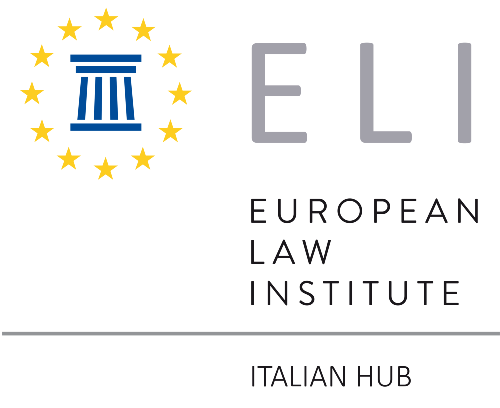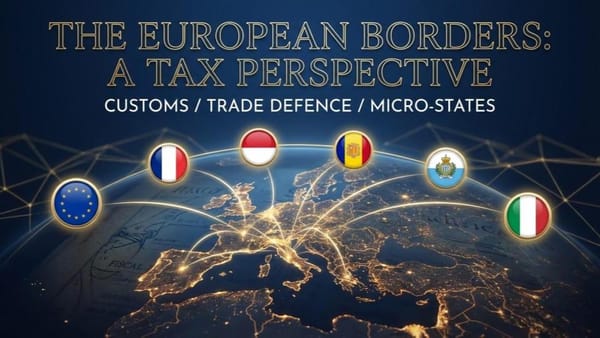EU Law and Third Countries: the case of the Association Agreements

With the support of

European Union law is characterized by an effectiveness that has often gone beyond the geographical borders of the countries that are part of the EU.
In some cases, it has even influenced the legal choices of third countries, determining what has been defined and studied in literature as the “Brussels Effect.”
The principles acquired by the Union over the years—the acquis communautaire—have become decisive not only for European countries or those negotiating accession, but also for certain third countries or territories which, due to their specific characteristics, have a special relationship with the Union.
These states and territories also find their specificity within the EU Treaty, in Article 8, which recognizes their nature and safeguards their identity in the more general framework of neighborhood relations.
From a strictly legal, and above all fiscal, point of view, the particularism that distinguishes these states and territories is reflected in agreements, conventions, and treaties whose application is often subject to their recognition of the acquis. The case of the association agreement between the European Union (on the one hand) and San Marino and Andorra (on the other) is a clear example of this. It also allows us to reflect on the situation of all the other so-called ‘minor’ countries that have either chosen greater integration (such as Malta and Liechtenstein) or lesser integration (such as Monaco) or, not having attained statehood, modulate their relations with the Union in different ways (such as Gibraltar and the Faroe Islands).
This seminar aims to take as its starting point the association agreement recently signed between the Republic of San Marino and the European Union in order to investigate the relevance of the acquis communautaire in its future application, taking into account its central role in the interpretation of the agreement and the decisions that will follow.
In addition, the influence of European law principles on the various countries that have chosen other forms of relationship with the Union will be examined, verifying their possible influence on case law and practice.
Call for papers
The San Marino Legal Institute therefore invites scholars who wish to contribute to this topic to submit a paper (or an extended abstract of at least 1,000 words) concerning the acquis communautaire, the association agreement, or the legal regime of so-called “minor” third countries in their relations with the European Union.
The paper should be sent to marco.greggi@unirsm.sm
Although open to all legal disciplines, priority will be given to contributions dedicated to tax law, labour law, financial law, and commercial law.
The selected papers and abstracts will be presented and discussed during the conference scheduled for November 20 at the San Marino Law Institute (in person and online) and will be published in the Institute's series.
The deadline for submitting contributions is October 15, 2025, and the authors of the selected papers will be notified by October 18.
Program for the day
Thursday, November 20 2025
10:30 - 13:30 San Marino Law Institute
Salita alla Rocca 44, San Marino
See the attached file for the latest version of the programme
Below are the abstracts delivered so far (in Italian)




